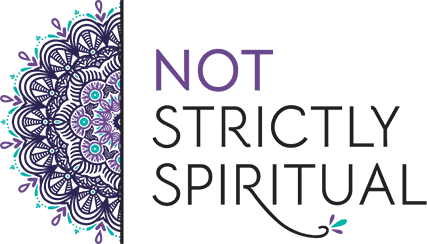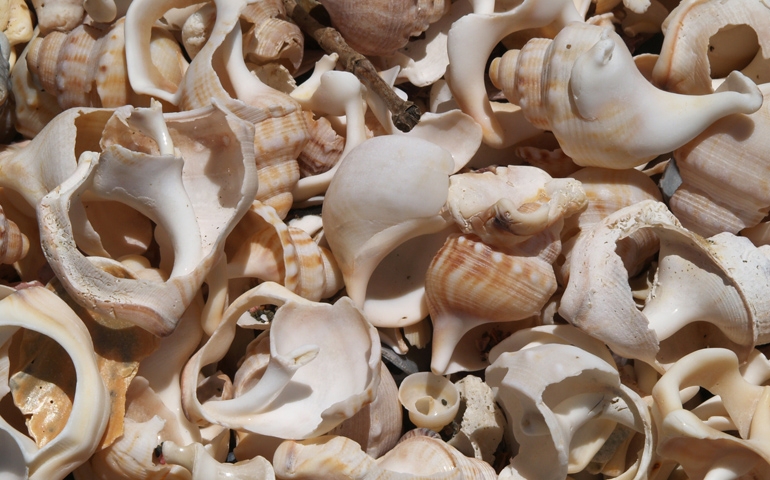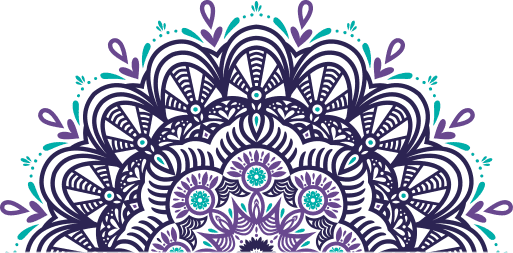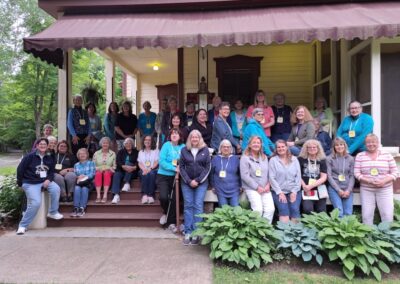For all those who heard me talking about our brokenness on the Morning Air Show on Relevant Radio this morning, here’s the original column that sparked this as a retreat and workshop topic for me. We are all “broken, beautiful, and beloved.”
If you look around my office prayer space or on my bedroom dresser, you’ll notice one constant: broken conch and whelk shells everywhere. Small and blue-gray, large and sun-bleached, twisting, turning, spiraling in that gorgeous and mysterious way that seashells do. Although I have one perfect channeled whelk shell that I purchased in Cape May, N.J., years ago, my prized possessions are broken shells of every shape and size because, as far as I’m concerned, they are far more beautiful than the ones that are perfectly intact and so lovely on the outside.
I love the way the brokenness lets you see inside, where the true beauty lies. There you discover the magnificent soft turns and intricate work of the Creator typically hidden by the outer shell, details so beautiful you would gasp if a sculptor had crafted them out of marble. Yet there they are, lying on the sand, trampled underfoot, washed ashore and pulled back out by the next tide along with tangled seaweed and discarded cigarette butts, or, every so often, tucked into the pocket of a hoodie by someone hoping for a sacred souvenir, a reminder that even some of God’s most beautiful creations are cracked and dulled and hobbled by the pounding surf of daily life.
I think I’m so taken with these shell fragments because they remind me of people, broken but beautiful. Even the people who look physically perfect on the outside harbor an intricate beauty and brokenness somewhere on the inside. It’s just a factor of our humanity. We don’t get through this life whole and intact; we are meant to be broken open, to expose and embrace our inner beauty.
But that’s not easy. I don’t know about you, but I have a hard time looking at myself with the same gentle eyes I use to look at my collection of scarred and shattered shells. I understand in theory that “I am wonderfully made,” as Psalm 139 tells us, but translating that into an attitude that guides my daily life is a challenge. In my mind’s eye, I see only the imperfections in the creation that I am. I would be wonderfully made, if only (fill in the blank). I may believe God has an unconditional love for everyone else on the planet, but believing that about myself is, well, unbelievable.
I struggled with that concept throughout the writing of my book Cravings: A Catholic Wrestles With Food, Self-Image, and God, where I explored the ways we allow our hunger for wholeness to fuel unhealthy urges — whether for food, alcohol, shopping, gossip, sex, gambling or any other empty “vice” — that only pull us further and further away from understanding our true self and recognizing our belovedness in God’s eyes.
“Our brokenness is truly ours. Nobody else’s. Our brokenness is as unique as our chosenness and our blessedness,” writes Henri Nouwen in Life of the Beloved. “As fearsome as it may sound, as the Beloved ones, we are called to claim our unique brokenness, just as we have to claim our unique chosenness and our unique blessedness.”
Can we begin to see our brokenness as a blessing rather than a curse, a beauty mark rather than a scar? It can happen only when we fully place ourselves in God’s hands and accept once and for all that we are indeed wonderfully made, even with — or maybe because of — our flaws and weaknesses, our wrinkles and quirks, our sins and struggles. God doesn’t love us only after we are “fixed.” God loves us into being and loves us through our imperfections, patiently waiting for us to climb on board and revel in that gift. Unfortunately, we are too often caught up in the mirage of wholeness, the mistaken belief that a perfect outer shell will make us more lovable.
We are so busy spinning our wheels in an effort to become shiny and unblemished to the outside world that we miss the still, small voice urging us on from the inside, the Spirit beckoning us to stop spinning, stop judging, and rest in the arms of God exactly as we are at this moment, knowing we are loved perfectly despite our imperfections.
We are all shattered in one way or another. We are all incomplete, missing pieces here and there. But we are all beautiful. In fact, we are more beautiful because of it. Who wants polished perfection that belies the truth of what’s inside when you can have the raw power of beauty that’s broken because it has lived and loved and lost and carried on in spite of it all? Be broken and be beautiful.
This column originally appeared in the National Catholic Reporter on Feb. 11, 2014, and was based on a much earlier NSS blog post and a lifetime of collecting broken seashells.








